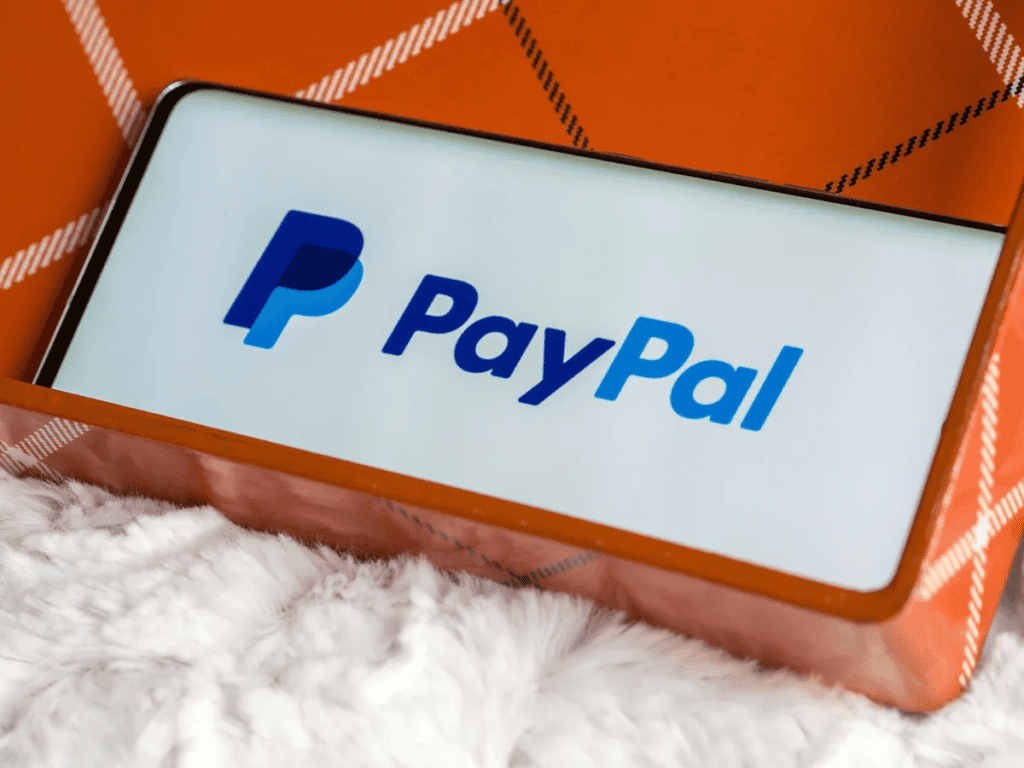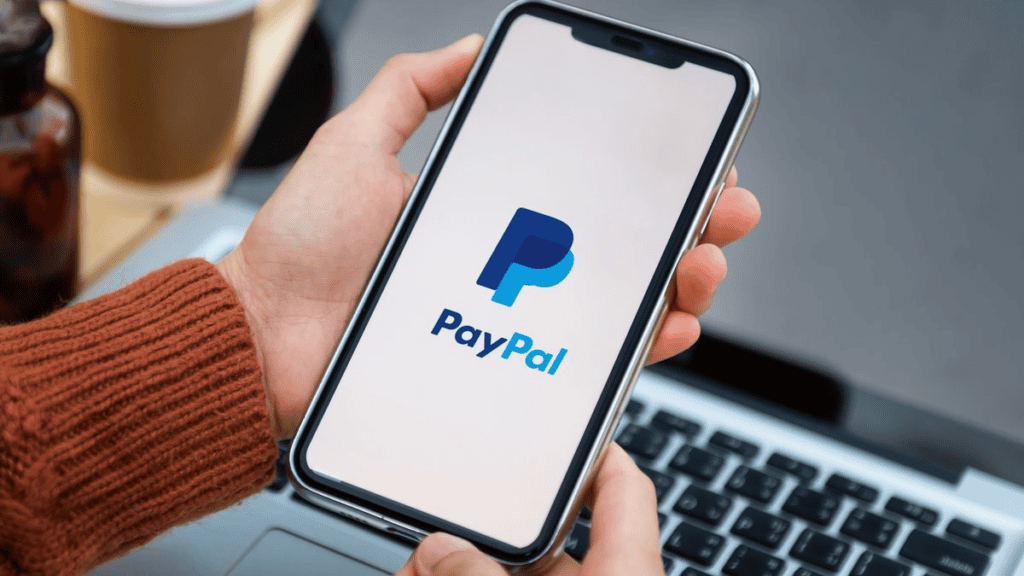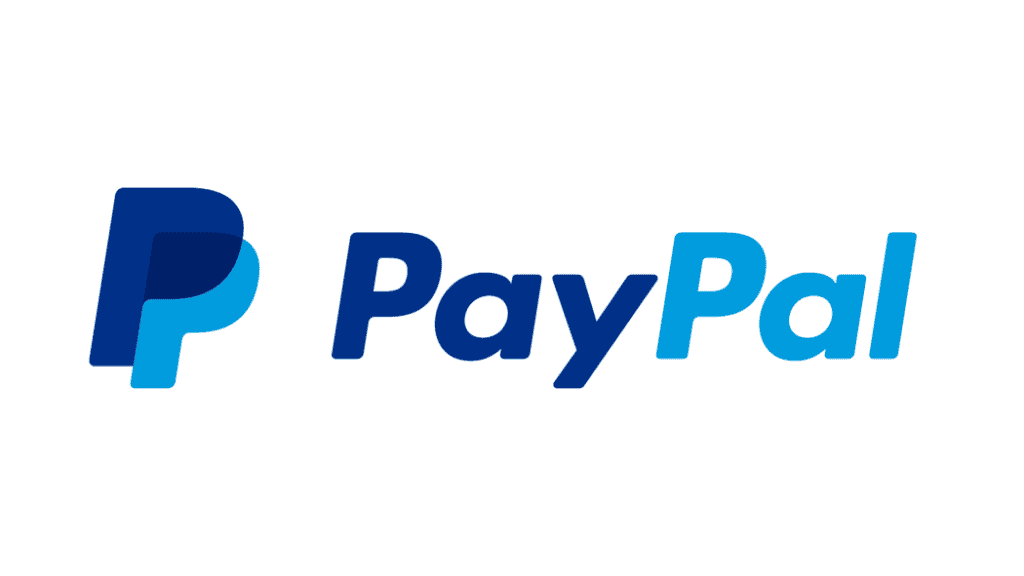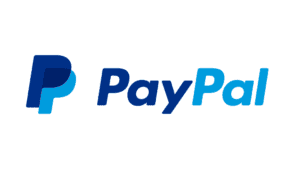If you’re anything, like me you must be tired of hearing all the praises for PayPal. Sure it’s handy and widely used. Let’s face it. It’s not all sailing. Today I’m going to dig into the reality and shed light on the drawbacks of relying on PayPal. Get ready for a ride delving into fees hidden charges and more. By the end of this journey, you’ll understand why PayPal may not be as perfect as some make it out to be.
If after considering these drawbacks, you still decide to buy the product, well done! You’re making a decision that you probably won’t regret!
Table of Contents
- 1 Charges and Unforeseen Expenses
- 2 Reliance on Conventional Banking Systems
- 3 Impact of Transaction Fees on Sellers
- 4 Inefficiencies in International Transactions
- 5 Regulatory Hurdles
- 6 Deceptive Fee Claims
- 7 Profit Focused Business Model
- 8 Limited Scope of Use
- 9 High Transaction Fees
- 10 Limited Customization
- 11 Account Holds and Freezes
- 12 Customer Support Challenges
- 13 Currency Conversion Fees
- 14 Account Freezing Risks
- 15 Cost Structure for Small Businesses
- 16 Inadequate Customer Support for Small Businesses
- 17 Absence of Chargeback Protection
- 18 Limited Compatibility, with Financial Tools
- 19 Security Concerns
- 20 Conclusion
Charges and Unforeseen Expenses
One major downside of using PayPal is the fees they charge. Here’s a kicker; Once I processed a $6,000 transaction and was hit with a $222.30 fee. Ouch! These charges can take you by surprise since they are often deducted without notice making them unpredictable and frustrating. Moreover, PayPal fee system is complex with rates varying depending on the transaction type and countries involved. This lack of transparency can result in shocks especially if you’re not well-versed in PayPal policies.
Reliance on Conventional Banking Systems
Despite its reputation, as a financial technology innovator, PayPal remains deeply intertwined with banking structures. This implies that it encounters the challenges, as banks – dealing with banking regulations and the complexities of money transfers. For me, this translates to delays and unexpected hassles from a fintech solution. It seems like PayPal is still tied to the banking practices it aims to modernize.
Impact of Transaction Fees on Sellers
If you’re a seller PayPal transaction fees can put a dent in your earnings. They typically take 2.9% plus a fixed fee from each transaction. This compels sellers to raise their prices to offset these expenses making their products less competitive. Small businesses and individual sellers are hit the hardest as these fees can significantly reduce their profit margins. In a market, these additional costs can be high. Break your business.
Inefficiencies in International Transactions

Now let’s delve into the details of transactions. While PayPal may outperform methods like Swift in terms of speed it might not be more cost effective. Swift despite being slower can be much cheaper for transactions. Paypal fees for transactions are high. Their exchange rates are typically worse than mid-market rates resulting in hidden costs. As someone who frequently engages in transactions, like myself these inefficiencies are truly disappointing.
Regulatory Hurdles
like financial technology companies PayPal faces challenges due to the intricate regulatory environment that increases its operational expenses. These regulations, designed to tackle activities and money laundering also introduce layers of bureaucracy. This complexity can result in fees and slower transaction processes. Dealing with this paperwork can pose an obstacle especially if you value efficiency and transparency in your financial transactions.
Deceptive Fee Claims
PayPal often promotes itself as a service that eliminates fees. This claim can be misleading. While there may be instances with no charges PayPal generates revenue through transparent means. The lack of information on when and how these fees are applied can be frustrating particularly when unexpected charges pop up. This tactic of advertising one thing but delivering another can undermine trust especially if you prioritize direct communication from your financial service providers.
Profit Focused Business Model
Similar to banks PayPal operates based on a profit-oriented approach. It collects fees. Earns interest on the funds held in accounts emphasizing profitability rather than customer well-being. This focus on maximizing profits may sometimes lead to decisions that prioritize PayPal gains, over your interests. If you prefer businesses that prioritize practices this profit-centric mindset might not align with your values.
Limited Scope of Use

The use of PayPal has its limitations despite its usage as it cannot completely replace banks in all financial transactions. Transferring funds, across fintech platforms can be cumbersome and ineffective restricting the utility of PayPal. Some transactions or significant amounts still require the reliability and widespread acceptance of banking services. This limited functionality can be frustrating for individuals seeking a universally accepted payment solution.
High Transaction Fees
When it comes to transaction fees PayPal tends to charge rates compared to payment processors, especially for international transactions. These elevated fees may discourage both individuals and businesses from utilizing PayPal especially when more cost-effective alternatives are available. The substantial costs can pose a challenge for businesses and startups operating on slim profit margins.
Limited Customization
Another concern is the lack of customization options for the payment process, with PayPal. As a business owner, I find it difficult to personalize the PayPal payment interface to align with my brand resulting in a user experience. This restriction could impact how my brand is perceived and affect customer satisfaction for businesses that rely on brand identity to differentiate themselves.
Account Holds and Freezes
Additionally, one drawback of using PayPal is its tendency to unexpectedly place holds or freeze accounts disrupting business activities without notice. This situation can be particularly harmful, for businesses that rely on a cash flow. The sudden halt in funds could result in stress and chaotic operations. For individuals, it means a lack of access to funds possibly leading to emergencies.
Customer Support Challenges

Customers myself included, have faced experiences with PayPal customer support. Common grievances include prolonged wait times and unhelpful replies. For businesses navigating through customer service issues can be time-consuming and aggravating potentially resulting in revenue loss and dissatisfied clients. Reliable support is crucial for any service and PayPal deficiencies in this area are a disadvantage.
Currency Conversion Fees
PayPal frequently applies exchange rates compared to the market rate introducing charges. This approach means users receive rates when converting currencies posing a significant problem for those involved in international transactions regularly. The undisclosed cost of exchange rates can substantially increase the expense of using PayPal for global payments.
Account Freezing Risks
The potential for account freezes is a worry for PayPal users. Accounts may be frozen without notice causing inconvenience and potential financial instability. This risk is particularly concerning for businesses, on PayPal for receiving payments.
Businesses may feel hesitant, about relying on PayPal due to the uncertainty surrounding frozen accounts.
Cost Structure for Small Businesses
The fees associated with PayPal can be quite burdensome for businesses especially when it comes to transactions. The combination of fees including transaction fees and currency conversion charges along with exchange rates can significantly impact the financial health of small businesses. This makes PayPal an attractive choice for these enterprises that operate on budgets.
Inadequate Customer Support for Small Businesses
Businesses might encounter challenges with the customer support provided by PayPal experiencing delays in responses and unresolved issues. This becomes critical during payment-related matters as delays can disrupt business operations and lead to customers. Timely and effective customer support is essential for businesses that depend on financial transactions.
Absence of Chargeback Protection

One significant drawback that often goes unnoticed is how chargebacks are managed by PayPal. Unlike credit card companies PayPal buyer protection policies may not always favor sellers in dispute situations. In cases where a buyer contests a transaction, PayPal tends to side with the buyer without investigating the matter. This could leave sellers at a loss and feeling frustrated particularly if the dispute is unjustified.
Limited Compatibility, with Financial Tools
PayPal’s ability to integrate with financial tools and platforms is somewhat restricted.
For companies that depend on financial management systems, the absence of integration can result in inefficiencies and more manual work. This could pose a challenge, for those who prioritize operations and seek seamless compatibility between their payment systems and accounting/invoicing software.
Security Concerns
Despite having security measures in place PayPal is still vulnerable to fraud and hacking attempts. There have been cases of accounts being compromised leading to transactions. While PayPal provides protection policies the resolution process for incidents can be lengthy and stressful. This may cause concern for users who hold funds in their PayPal accounts.
Conclusion
Although PayPal offers conveniences and is a choice in the online payment realm it is not without its serious drawbacks. From fees and undisclosed expenses to reliance on banking systems and regulatory challenges PayPal faces its fair share of issues. The risk of account suspensions, limited customization options, and poor customer service only compound these challenges.
If you are considering utilizing PayPal as your payment processor it is important to balance these disadvantages with the advantages and explore alternative solutions.
To make decisions and steer clear of surprises, like charges, poor customer support, or frozen accounts it’s crucial to grasp the possible drawbacks. Ultimately even though PayPal may seem convenient for people it’s wise to be aware of its limitations and potential problems. Those looking for an upfront payment platform might want to consider checking out alternatives.
However, if after reading all these cons, you still want to buy the product, congratulations! You’re making a well-informed decision, and you won’t regret your purchase.
Reference:
https://www.chargebee.com/blog/payal-recurring-payments/
https://time.com/personal-finance/article/paypal-review/
https://wise.com/us/blog/pros-and-cons-of-paypal
https://synder.com/blog/pros-and-%D1%81ons-of-paypal/
https://www.hp.com/us-en/shop/tech-takes/pros-and-cons-of-paypal-small-business
https://www.youtube.com/watch?v=VODTSMrUUJU&pp=ygUOY29ucyBvZiBwYXlwYWw%3D
PayPal

If you're anything, like me you must be tired of hearing all the praises for PayPal. Sure it's handy and widely used. Let's face it. It's not all sailing. Today I'm going to dig into the reality and shed light on the drawbacks of relying on PayPal. Get ready for a ride delving into fees hidden charges and more. By the end of this journey, you'll understand why PayPal may not be as perfect as some make it out to be.
Product Currency: USD
Product In-Stock: InStock
4.5


